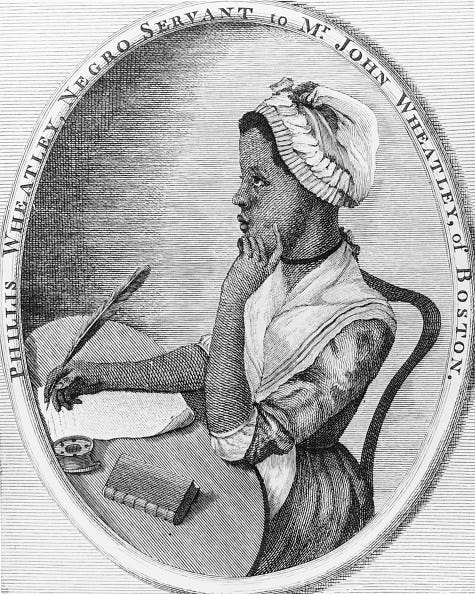“The Ferris Wheel” by Wyatt Prunty from Unarmed and Dangerous. © The Johns Hopkins University Press, 2000.
ORIGINAL TEXT AND AUDIO - 2016
San Francisco's first cable car began regular service on this date in 1873. Andrew Smith Hallidie was an English ex-pat who had immigrated to San Francisco during the Gold Rush in the 1850s. On a typically damp, foggy day in 1869, he saw a team of horses struggling to pull a horse-drawn car up a steep, slippery cobblestone street. The horses were being brutally whipped, but to no avail: they lost their footing, fell, and were fatally dragged by the car as it raced down the hill. Hallidie determined to find a better way. His father was an inventor, and held a patent in England for "wire rope" cable. The younger Hallidie was already using the wire rope in the construction of suspension bridges and mine conveyance systems; he figured there must be a way to couple a steam engine and a cable to get a car up San Francisco's famous hills. He signed a contract to form the Clay Street Hill Railroad, and construction began in May 1873. Three months later, the cable car was operational. Hallidie made his first successful test run from the top of Nob Hill at four a.m. on August 2. The cable car began public service on the first day of September, and it made Hallidie a rich man.
It was on this day in 1773 that 20-year-old Phillis Wheatley published Poems on Various Subjects, Religious and Moral. It was the first book of poetry published by an African-American. Wheatley was born in West Africa and brought over as a slave when she was a young girl. She was purchased by a Boston family, who taught her to read and write, and eventually gave her her freedom. She went to London when her book was published, and she met many important people there, including the Lord Mayor, who gave her a copy of Paradise Lost. George Washington praised her talents, and she published numerous poems in magazines. But her husband fell into debt and then abandoned her when she was pregnant, and she died in childbirth, in a boarding house, when she was only 31 years old.





Phillis Wheatley did much good beyond her fine poetry. We could use more that's religious and, at least, moral. She was a brave woman in spreading her works, until she was no longer able. The same is true for all of us. Let's share whatever gifts we have as long as we have them. Our own "
So it goes!" will come soon enough. Leave a trek.